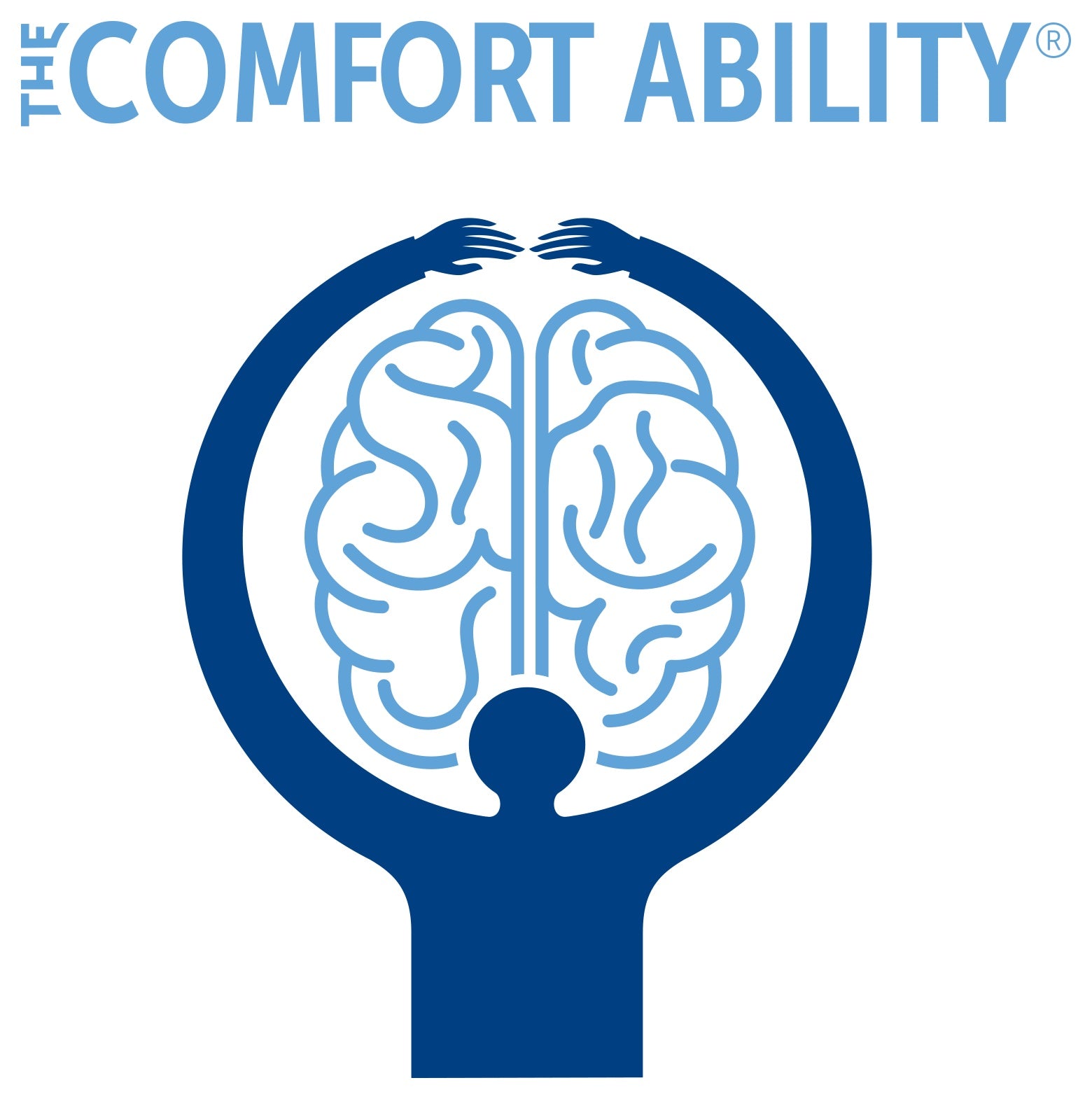Chronic pain is viewed as one of the most common problems in pediatrics. Current estimates suggest that approximately one in four children experiences an episode of chronic pain lasting three months or longer. Of those who experience chronic pain, 77 percent have more than one kind of pain problem.
The issue is common, but the approach for optimally managing these challenging cases is still evolving. One thing is certain, though: Because chronic pediatric pain is so complex (involving an extensive variety of factors), diagnostic testing and treatment are both extremely costly (costing more than $19 billion per year in the U.S. alone) and time consuming, taking weeks, months or in some cases even years to complete.
While thorough diagnostic testing is critical, chronic pain and pain-related disability can wreak havoc on a child’s life and exacerbate the problem even while the investigation unfolds. Arming parents and children with adaptive coping strategies to manage chronic pain — regardless of its origin — promotes better function and reduces psychological comorbidity. Psychological interventions may help change a child’s recovery trajectory by reducing pain, stress and functional disability, and may be protective if applied early in a child’s experience of pain.
Psychosocial stressors that commonly exacerbate chronic pain and disability
For children:
- missed weeks or months of schooling
- deconditioning from too much rest
- loss of contact with friends and sport activities
- disrupted sleep-wake patterns
- medical stress from frequent appointments, testing, and procedures
- onset or exacerbation of anxiety, depression and other mood-related disorders
For parents:
- missed days from work
- stress and worry about their child’s pain
- disrupted family relationships
- financial burden of multiple tests, procedures, and interventions
However, providers must be able to effectively explain the role of psychology in pain treatment to parents and children. When families learn how and why psychological strategies have become part of the gold-standard treatment for persistent pain, they are more likely to engage in treatment. Below are five tips for providers to consider when recommending psychological support as part of a child’s care:
- A referral for psychological services does not imply that pain is a psychological problem. Chronic pain treatment often requires a multidisciplinary approach. Framing psychological intervention as one of the key players in this treatment paradigm can help avoid the impression that a child’s pain is “all in his head.”For example, one approach is to describe chronic pain like a tricycle with three flat tires. Medication might fill one tire, but you can’t ride a tricycle with only one filled tire. Other treatments, such as psychological intervention and physical therapy, are necessary to get the tricycle moving again. Providers should make clear to patients that research has proven the benefits and importance of psychology in treating pain.
- Having persistent pain does greatly increase the risk for anxiety and depression.Children with chronic pain are at three times the risk of having a psychological disorder as the general pediatric population. In some cases anxiety and depression may come before the pain (which does not imply causation), while in others pain and medical stress may lead to anxiety and depression.Either way, having both chronic pain and a psychological disorder leads to worse disability. Fortunately, psychological interventions can simultaneously target both. Providers can explain that psychological support is essential for reducing a child’s risk of developing or exacerbating anxiety and depression.
- Not all psychological treatments are equal. Cognitive-behavioral therapy (CBT) — a brief, goal-oriented psychotherapy technique — is the most thoroughly-proven psychological treatment for pediatric pain management. CBT takes a hands-on, practical approach to problem-solving, frequently incorporating targeted psychoeducation and relaxation skills. CBT strategies can improve daily function even without a reduction in pain, though often pain does go down over time with the use of these strategies. CBT also has a long track record of success in treating mood and anxiety disorders in children. Whenever possible, providers should help families locate a therapist with CBT experience.
- Active relaxation is NOT the same as resting on the couch. It’s surprisingly easy for parents to hear that relaxation is helpful for chronic pain and think that means their child needs more rest. Rather, research has shown that skills that trigger the relaxation response (e.g., diaphragmatic breathing, guided imagery, self-hypnosis, biofeedback, mindfulness) can reduce pain sensation and associated psychophysiological stress. Additionally, when children learn to use active relaxation strategies on their own, they feel a greater sense of control over their symptoms which can counteract the feelings of helplessness that are common for patients with chronic pain. Thus, relaxation skills are an important part of pain treatment. However, providers need to clarify that resting on the couch and watching TV do not produce the associated physiologic benefits. In fact, too much rest can often increase disability.
- Parents matter. Parental involvement is key to the success of psychologically-based interventions for pediatric pain. When parents are distressed, kids tend to have worse outcomes. Fortunately, it works the other way as well: positive parental attitudes and behaviors can promote positive adaption and better child outcomes. While the field is still working to develop parent-focused treatments for pediatric pain, there is enough evidence to conclude that parent training — often integrated into a child’s psychological care — can have a lasting impact on how parents navigate their child’s pain-related difficulties and is an important aspect of a child’s recovery. Providers can empower parents to actively seek psychological resources and support that focus on adaptive pain management strategies for their child.

